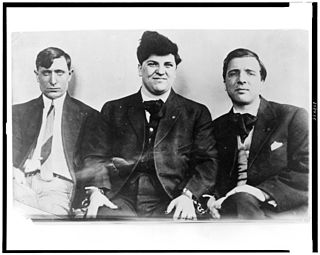A Quote by Richard D. Wolff
The more successful capitalists are in cutting their wage costs, the less money workers will have to buy back what those same capitalists produce. It's a contradiction.
Related Quotes
What made women's labour particularly attractive to the capitalists was not only its lower price but also the greater submissiveness of women. The capitalists speculate on the two following factors: the female worker must be paid as poorly as possible and the competition of female labour must be employed to lower the wages of male workers as much as possible. In the same manner the capitalists use child labour to depress women's wages and the work of machines to depress all human labour.
As a rule, large capitalists are Republicans and small capitalists are Democrats, but workingmen must remember that they are all capitalists, and that the many small ones, like the fewer large ones, are all politically supporting their class interests, and this is always and everywhere the capitalist class.
When you think of policies that are going to address inequality of wealth, you have to be very thoughtful about what economists call "incidence of taxes." If most of the savings is being done by capitalists, and you tax the return on capital, then they will have less to invest. That would mean, over the long run, that the rate of interest would go up. That would therefore undo some of the intent to lower the income of capitalists.
Businesses just want to increase their profits; it's up to the government to make sure they distribute enough of those profits so workers have the money to buy the goods they produce. It's no mystery - the less poverty, the more commerce. The most important investment we can make is in human resources.



































